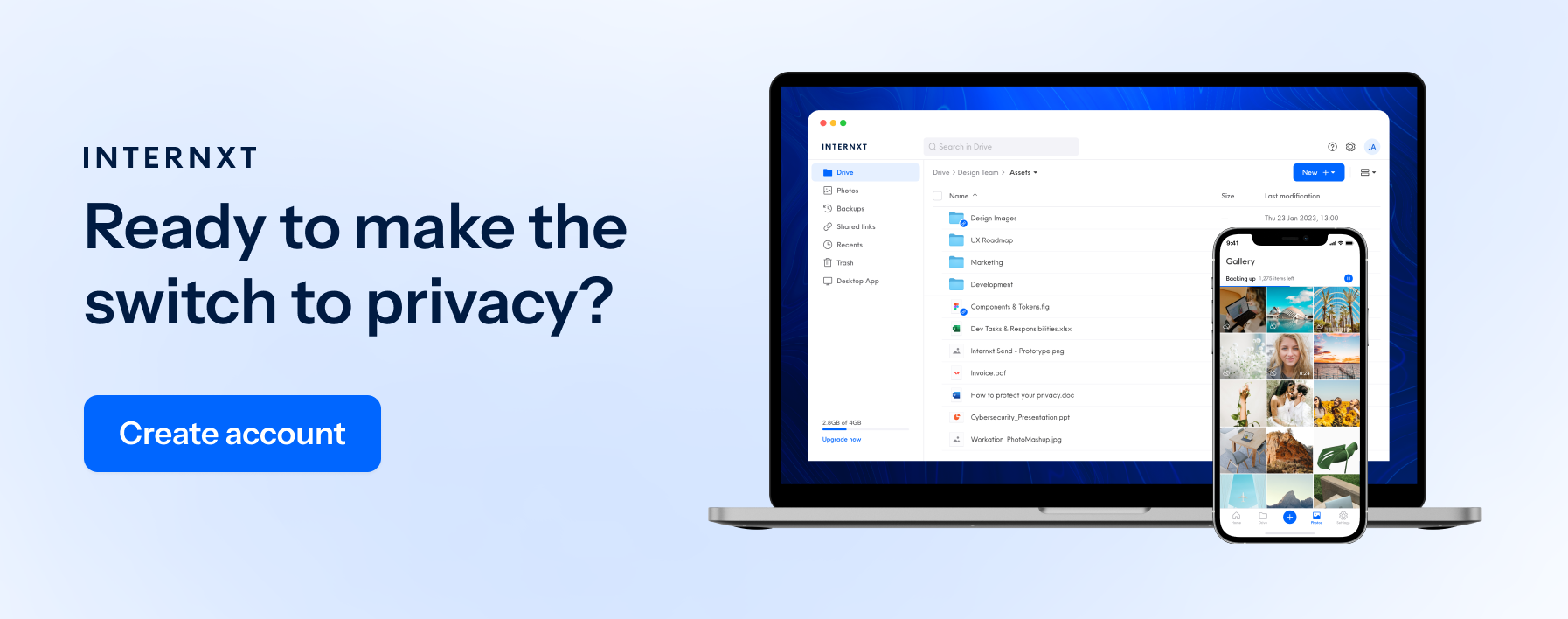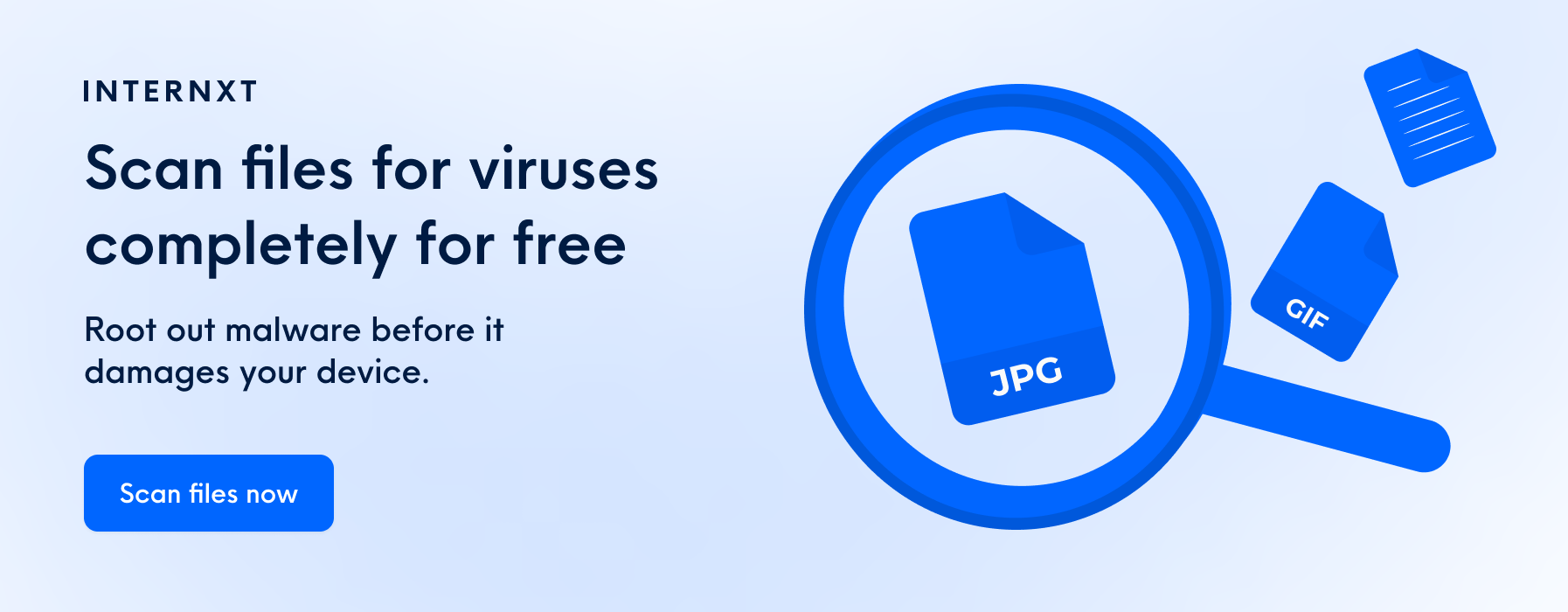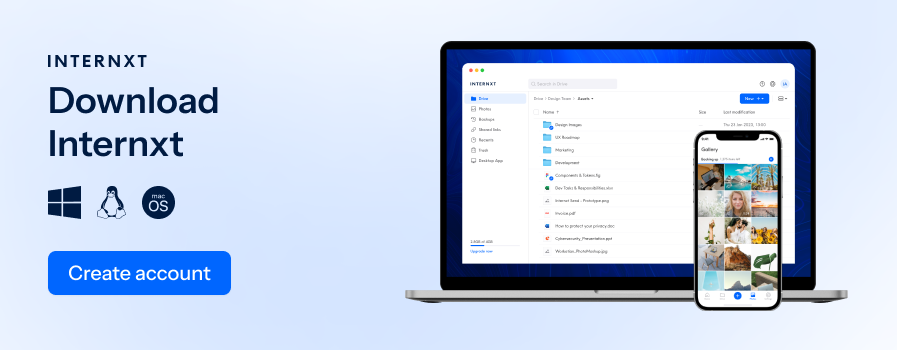Time To Sail the High Seas? What Is a Torrent and Is Torrenting Illegal

Frequent users of the internet have no doubt come across the term "torrent" several times.
However, most have never given it much thought or really understood what it meant or how it worked. Long story short, torrents are a popular way of sharing files over the internet.
But there's much more to torrents than that. Below, we'll explain what a torrent is, explore how it works, determine its advantages and disadvantages, and shine some light on whether torrenting is legal or not.
Introduction to Torrents
Before we dive into what a torrent is, let's first understand the concept of peer-to-peer (P2P) file sharing. P2P file sharing is a method of sharing files between computers over the internet, such as sending large video files online. In traditional file sharing, a file is uploaded to a central server and then downloaded by the user.
However, in P2P file sharing, the file is broken down into small pieces and shared between users. This means that instead of downloading the file from a central server, you download it from other users who have the same file.
Torrents are a type of P2P file sharing that is used to share large files, such as movies or TV shows. They work by breaking the file into small pieces and allowing users to download and upload those pieces simultaneously. This makes the download process faster and more efficient as users can download different portions of the file from various sources.

What is a Torrent?
A torrent is a small file that contains information about the file you want to download. This file is called a "torrent file."
When you open a torrent file, it connects you to a network of other users who are also downloading or uploading the same file. These users are called "peers." As you download the file, you also upload the pieces you have downloaded to other peers. This creates a "swarm" of users who are all sharing and downloading the same file.
How do Torrents Work?
To download a file using a torrent, you need a torrent client. A torrent client is a software program that allows you to connect to the network of users who are sharing the file. Opening a torrent file in your client connects you to the swarm of users sharing the file.
The client then downloads small pieces of the file from multiple sources and combines them to create the complete file on your computer.
Torrents use a protocol called BitTorrent, which is used to manage the download and upload of files between users. BitTorrent breaks the file into small pieces, and each piece is verified as it is downloaded to ensure that it is correct. This helps to prevent corrupted files and ensures that the file is downloaded correctly.
Advantages of Using Torrents
Torrents have several advantages over traditional file-sharing methods.
First off, they are faster and more efficient. Since the file is broken down into small pieces, users can download and upload different pieces simultaneously. This means that the download process is faster, and users can get the file they need more quickly.
Second, torrents are more reliable. Since the file is downloaded from multiple sources, users are less likely to encounter issues such as slow download speeds or broken downloads.
Lastly, torrents are more cost-effective. Since you are downloading the file from other users, you don't have to pay for bandwidth or server costs.
Is Torrenting Legal?
The legality of torrenting is a complicated issue. While torrents themselves are not illegal, the files that are shared using torrents can be. Many copyrighted files, such as movies, TV shows, textbooks, and music, are shared using torrents illegally.
Downloading or sharing copyrighted material using torrents is illegal and can result in fines or even imprisonment. However, not all files shared using torrents are illegal. Many open-source software programs and other files are shared legally using torrents.
Understanding Copyright Infringement and Piracy
Copyright infringement is the unauthorized use of copyrighted material. Piracy is the act of using copyrighted material without permission for personal gain. Downloading or sharing copyrighted material using torrents is a form of piracy and is illegal.
It is important to understand the consequences of piracy. Piracy hurts the creators of the content and can result in financial losses. It also undermines the value of intellectual property and can lead to a decrease in creativity and innovation.
Risks of Torrenting
While torrenting is a convenient way to access files, it comes with several downsides. Moreover, downloading copyrighted material using torrents can result in negative legal consequences.
One of the biggest downsides to torrenting is that it is often associated with piracy. Many people use torrents to download copyrighted content, which is illegal in many countries. This has led to numerous legal battles between content creators and torrenting websites. In some cases, people who have been caught pirating content through torrents have faced hefty fines or even jail time.
Another downside to torrenting is that it can be risky for your computer. Torrenting can be harmful to your devices, especially if you are downloading files from unknown sources.
Malware and viruses can be easily hidden in files shared using torrents, and downloading these files can infect your computer. Since you are downloading files from multiple sources, it can be difficult to know if the files are safe.
The malware and viruses that may be hidden in torrent files can infect your computer and cause serious damage. It is important to use a reputable antivirus program and to be cautious when downloading any kind of file through torrents.
Torrenting can also be slow and unreliable. Since you are downloading files from multiple sources, the download speed can vary greatly. In some cases, it can take several hours or even days to download a large file through torrents.
Additionally, if one of the sources that you are downloading from goes offline, the download may be interrupted or fail altogether.

Torrenting Safely and Securely
To torrent safely and securely, it is important to take certain precautions.
Always use a reputable torrent client. There are many free torrent clients available, but not all of them are safe to use. Do your research and choose a client that is trusted and has good reviews.
Avoid downloading files from unknown sources. Stick to well-known torrent websites that have a good reputation.
It's wise to use a virtual private network (VPN) when torrenting. A VPN creates a secure connection between your computer and the internet, protecting your privacy and hiding your IP address.
Popular Torrenting Websites
Torrent websites have been around for quite some time and are a popular means of sharing files online. What is a torrent website? Well, it's simply a site that hosts these torrent files, making them available for download to anyone with a BitTorrent client.
The Pirate Bay
The first on our list is The Pirate Bay, which is arguably the most famous and controversial torrent website.
It has been around since 2003 and has faced numerous legal challenges over the years, but it still remains a go-to site for many users. The Pirate Bay has a vast collection of torrents, including movies, TV shows, music, games, and software.
1337x
Next up is 1337x, which is known for its clean and user-friendly interface. It has a massive library of torrents, and its search function is excellent, making it easy to find what you're looking for. Additionally, 1337x has a section for verified torrents, which ensures that users are downloading safe and authentic files.
RARBG
Third is RARBG, which has been around since 2008 and has built a reputation for providing high-quality torrents. It has a vast library of movies, TV shows, and games, and its torrents are often of exceptional quality. However, RARBG is blocked in many countries, so users may need to use a VPN to access it.
Torrentz2
Fourth on our list is Torrentz2, which is a meta-search engine that searches multiple torrent websites at once. It has a simple and straightforward interface and is known for its speed and efficiency. Torrentz2 does not host any torrent itself but instead provides links to other torrent websites.
LimeTorrents
Last but not least is LimeTorrents, which has a massive library of torrents across multiple categories, including movies, TV shows, games, music, and anime. It has a simple and user-friendly interface, and its torrents are often of high quality.
LimeTorrents is unique in that it has a section for verified torrents, ensuring that users are downloading safe and authentic files.
Alternatives to Torrenting
No matter which site you decide to use, remember it's important to note that downloading copyrighted material through torrents is illegal in many countries and can lead to some serious consequences.
If you want to avoid the risks associated with torrenting, there are several alternatives you can use. Some popular alternatives include direct downloads, Usenet, and file hosting services such as Dropbox or Google Drive.

Can You Trust Torrents?
Yes and no. A torrent is a type of P2P file sharing that allows users to share and download large files more efficiently. While torrents themselves are not illegal, the files shared using torrents can be.
Downloading or sharing copyrighted material using torrents is illegal and can result in legal consequences. It is important to torrent safely and securely to avoid risks such as malware or legal consequences.
So, to torrent or not to torrent? That is entirely up to you. Torrenting has many upsides and definite (legal) downsides, so torrent at your own risk. Whatever you decide to do, be safe out there. The web is a wild place.

